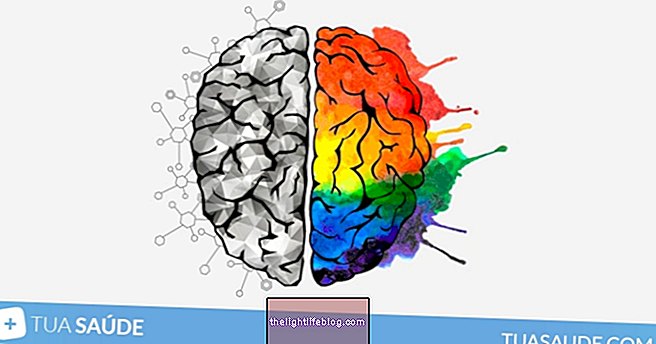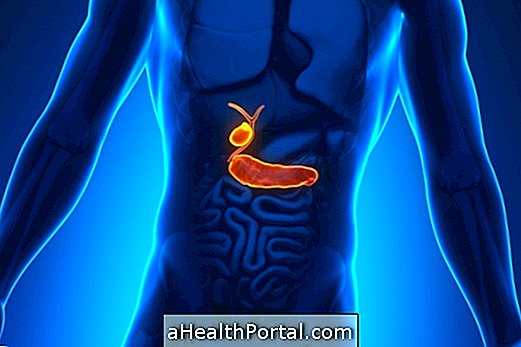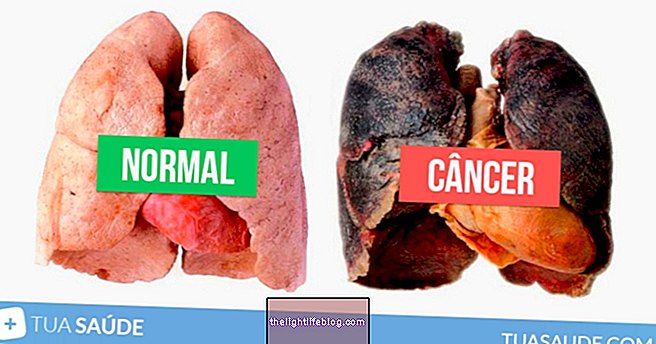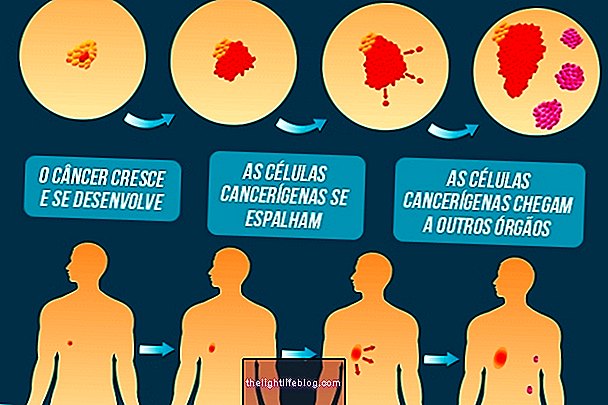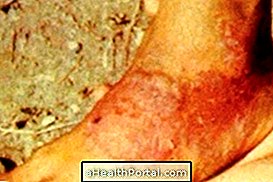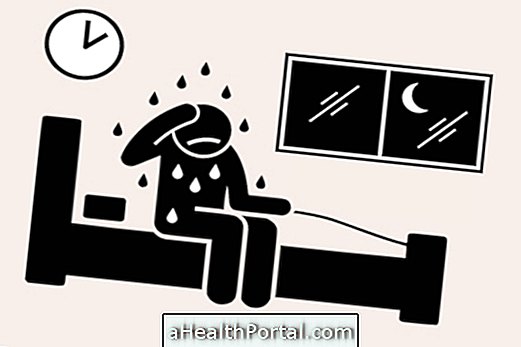Treatment for bowel cancer can be done with surgery, chemotherapy, radiation therapy or immunotherapy, depending on the location, size and development of the tumor. According to a study done in California, cancer of the left side of the intestine is easier to heal and the average life expectancy is greater. However, all indicated treatments can be done in any case of bowel cancer to cure the disease.
Bowel cancer is cured when it is diagnosed at the onset of the disease and treatment started promptly, but when the colorectal tumor is discovered at an advanced stage the chances of cure decrease.
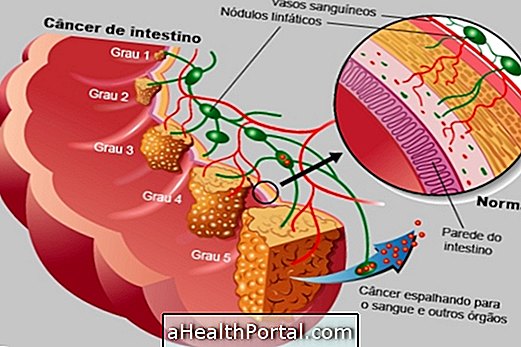
Surgery for bowel cancer
Surgery is the primary and usually the first method used in treatment, and can be performed on grade 1, 2 or 3 cancer. The goal is to remove the tumor, a part of the affected bowel and a small part of the healthy bowel, to ensure that there are no cancer cells remaining on site.
In the case of early-stage cancer, surgery is performed shortly after the diagnosis of the disease, while surgery for rectal cancer is only performed after 8 to 12 weeks of treatment with chemotherapy to decrease tumor size and improve the chances of cure .
Recovery after bowel cancer surgery is time-consuming and the patient may have:
- Pain;
- Tiredness;
- Weakness;
- Constipation;
- Diarrhea or bleeding;
- Pain during intercourse.
These side effects depend on the size and location of the tumor, the type of surgery and the state of health of the patient, but to reduce them one can take analgesics and vitamin supplements, guided by the oncologist doctor.
Chemotherapy for bowel cancer
Chemotherapy is recommended for cancer grade 3, 4 or 5 and consists of the use of drugs that kill the cancer cells, which can be in the form of tablets or injection. The duration of treatment can range from 6 months to 1 year or more.
The main types of chemotherapy used in bowel cancer can be:
- Adjuvant: performed after surgery to destroy cancer cells that were not removed in surgery;
- Neoadjuvant: used before surgery to decrease the tumor and facilitate its removal;
- For advanced cancer grade 5: used to decrease tumor size and relieve symptoms caused by metastases.
Some examples of remedies used in chemotherapy are Capecitabine, 5-FU and Irinotecan. The main side effects of chemotherapy may be hair loss, vomiting, loss of appetite and recurrent diarrhea. Here's what to do to lessen the side effects of chemotherapy and how to make hair grow faster after chemotherapy.
Radiation therapy for bowel cancer
Radiotherapy can be done instead of chemotherapy or to complete chemotherapy because it also helps to kill cancer cells where it is applied, especially in patients with grade 3 or 4 bowel cancer. This type of treatment can be applied from different forms:
- External: the radiation comes from a machine, and the patient has to go to the hospital to do the treatment, for 5 days a week.
- Internal: the radiation comes from an implant containing the radioactive material placed next to the tumor, and the patient should remain in the hospital for a few days for treatment.
The side effects of radiation therapy are generally less aggressive than those of chemotherapy, but include skin irritation in the treated region, nausea, fatigue, and irritation of the rectum and bladder. These effects tend to decrease at the end of treatment, but irritation of the rectum and bladder may persist for months.
Immunotherapy for bowel cancer
Immunotherapy uses certain antibodies that are injected into the body to identify and attack cancer cells, preventing tumor growth and the chances of metastases. These medications do not affect normal cells thus decreasing the side effects.
The most commonly used immunotherapy drugs are Bevacizumab, Cetuximab or Panitumumab. The side effects of immunotherapy in treatment for bowel cancer may be rash, stomach pain, diarrhea, bleeding, light sensitivity or breathing problems.
